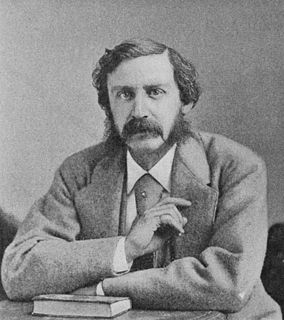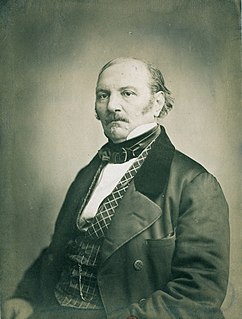A Quote by William Blackstone
To deny the possibility, nay, the actual existence of witchcraft and sorcery, is at once flatly to contradict the revealed word of God in various passages both of the Old and New Testament, and the thing itself is a Truth to which every nation in the world hath, in its turn, borne testimony, by either example seemingly well attested or by prohibitory laws, which at least suppose the possibility of a commerce with evil spirits.
Quote Topics
Actual
Borne
Both
Commerce
Contradict
Deny
Either
Every
Every Nation
Evil
Evil Spirits
Example
Existence
God
Hath
Itself
Laws
Least
Nation
Nay
New
New Testament
Old
Old And New
Once
Passages
Possibility
Revealed
Seemingly
Sorcery
Spirits
Suppose
Testament
Testimony
Thing
Truth
Turn
Various
Well
Which
Witchcraft
Word
Word Of God
World
Related Quotes
I do not deny God, because that word conveys to me no idea, and I cannot deny that which presents to me no distinct affirmation, and of which the would-be affirmer has no conception. I cannot war with a nonentity. If, however, God is affirmed to represent an existence which is distinct from the existence of which I am a mode, and which it is alleged is not the noumenon of which the word I represents only a speciality of phenomena, then I deny God, and affirm that it is impossible God can be.
God created the possibility of evil; people actualized that potentiality. The source of evil is not God's power but mankind's freedom. Even an all-powerful God could not have created a world in which people had genuine freedom and yet there was no potentiality for sin, because our freedom includes the possibility of sin within its own meaning.
God did not create the evil. He established the laws which are always good because he is good. The spirits would have been completely happy had they faithfully observed the law since the beginning. But, being free to make choices, the spirits have not properly obeyed them so that evil come as a consequence of this unwillingness. One can then say that good corresponds to everything which is in accordance with God's law while evil is everything which opposes it.
I find it expressed in various passages of Scripture that the fact that God knows things while in a state of possibility, when their existence belongs to the future, does not change the nature of the possible in any way; that nature remains unchanged; and the knowledge of the realisation of one of several possibilities does not yet effect that realisation. This is likewise one of the fundamental principles of the Law of Moses concerning which there is no doubt nor any dispute.
As records of courts and justice are admissible, it can easily be proved that powerful and malevolent magicians once existed and were a scourge to mankind. The evidence (including confession) upon which certain women were convicted of witchcraft and executed was without a flaw; it is still unimpeachable. The judges' decisions based on it were sound in logic and in law. Nothing in any existing court was ever more thoroughly proved than the charges of witchcraft and sorcery for which so many suffered death. If there were no witches, human testimony and human reason are alike destitute of value.
The world of strict naturalism in which clever mathematical laws all by themselves bring the universe and life into existence, is pure [science] fiction. Theories and laws do not bring matter/energy into existence. The view that they nevertheless somehow have the capacity seems a rather desperate refuge...from the alternative possibility...Trying to avoid the clear evidence for the existence of a divine intelligence behind nature, atheist scientists are forced to ascribe creative powers to less and less credible candidates like mass/energy and the laws of nature.

































